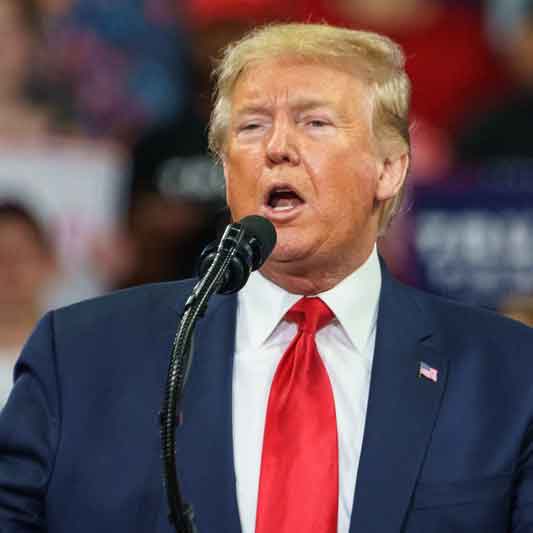Nvidia Corporation has received authorization from the Trump administration to restart sales of its advanced H20 computer chips to China, marking a major policy shift that could increase the company’s revenue by several billion dollars. The announcement was made late Monday, July 14, 2025, through a company blog post as CEO Jensen Huang visited Beijing for trade talks.
The U.S. government has assured Nvidia that it will issue the necessary licenses for exporting the H20 chips, which are specifically created for artificial intelligence development. Huang shared the news at a press conference in Beijing on Tuesday, July 15, explaining, “The U.S. government has permitted us to apply for licenses to begin shipping H20s.”
This decision is a full reversal of the administration’s earlier move in April 2025, which imposed controls on Nvidia’s H20 chips and Advanced Micro Devices’ MI308 chips destined for China. The previous restrictions were implemented as part of President Trump’s “Liberation Day” trade policy, mandating special approval for shipping advanced semiconductors to China.
During his time in Beijing, Huang highlighted China’s significance, pointing out that half of the world’s AI researchers are based there. He stressed that China’s rapid innovation and constantly evolving tech sector make it essential for U.S. companies to compete and provide their products in the market.
Nvidia’s finances had taken a substantial hit from the chip export ban, with the company estimating that stricter export rules would cost an extra $5.5 billion. The limitations resulted in $4.5 billion in inventory write-downs and an estimated $2.5 billion in lost future sales after shipments were halted in April.
Before heading to Beijing, Huang met President Trump and other U.S. officials to advocate for lifting the restrictions. He argued that the export limitations weakened America’s competitive edge in one of the world’s top technology markets.
Addressing reporters in Beijing on Wednesday, Huang minimized his own impact on the decision, stating that the outcome rested entirely with the American and Chinese leadership. He said his involvement was focused on explaining the effects and unintended results of policy decisions, underscoring that companies can only advise and offer information to policymakers.
The H20 chip was first developed to meet earlier U.S. export regulations for China, with capabilities restricted compared to Nvidia’s standard AI processors. Even with these limitations, the chip remained in high demand among Chinese firms working on AI applications and large language models.
Financial analysts on Wall Street welcomed the news, considering it a pivotal moment for both Nvidia and the wider AI industry. Daniel Ives, senior analyst at Wedbush Securities, described the approval as a “huge win” for Huang and Nvidia, suggesting it would likely boost Wall Street’s growth forecasts for the company in the years ahead.
The market responded quickly, with Nvidia shares climbing 4.5 percent to $171.40 in pre-market trading on Tuesday. Shares in Frankfurt were up 3.2 percent early Tuesday, while U.S.-listed shares dipped 0.5 percent in late trading on Monday.
Nvidia just recently became the first company to exceed a $4 trillion market valuation, fueled by booming AI adoption. The company holds about 97 percent of the GPU accelerator market, cementing its dominance in AI hardware.
China brought in $17 billion in revenue for Nvidia during the fiscal year that ended January 26, making up 13 percent of its total sales. Renewed access to the Chinese market is expected to noticeably strengthen revenue in the second half of 2025.
The shift in policy occurs amid ongoing worries over China’s potential use of advanced AI for military purposes. The launch of China’s DeepSeek AI chatbot in January had reignited debate about how China might leverage advanced chips for competitive AI projects.
Huang was taking part in the China International Supply Chain Expo in Beijing, where Nvidia was among the exhibitors. A broadcast showed him meeting Ren Hongbin, the leader of the China Council for the Promotion of International Trade, which organizes the event.

